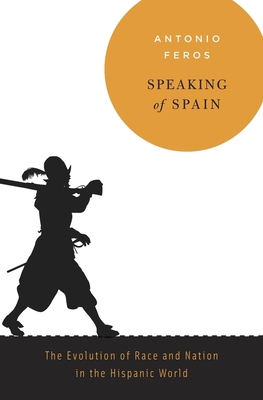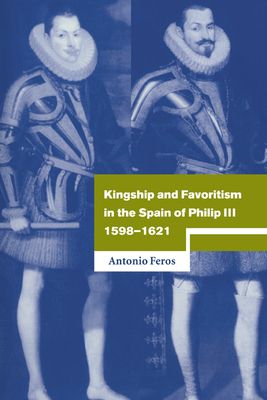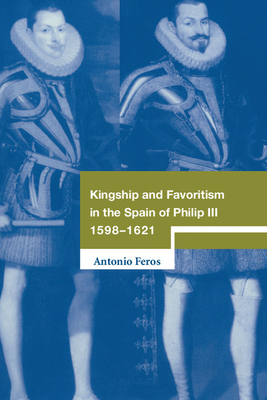Antonio Feros
Antonio Feros teaches and writes about politics, culture and ethnic relations in the early modern Spanish empire, and Spanish intellectual and modern history. He has published several articles on the history of the reigns of Philip II (1556-1598), Philip III (1598-1621), and Philip IV (1621-1665); ideas and images of kingship in seventeenth-century Spanish drama and painting; political and court cultures in early modern Europe; and the historiography on the Spanish conquest and colonization of America. He is the author of Kingship and Favoritism in the Spain of Philip III, 1598-1621, (Cambridge University Press, 2000), which has been translated into Spanish, El Duque de Lerma: realeza y privanza en la España de Felipe III (Marcial Pons, 2002).
His last book, Speaking of Spain: The Evolution of Race and Nation in the Hispanic World (Harvard University Press, 2017), which analyzes the long-term debate and struggles over race and nation in Spain and the Spanish world, tracing them from the late 15th century to the early 19th century. It has been translated into Spanish under the title, Antes de España. Nación y raza en el mundo hispánico, 1450-1820) (Marcial Pons, 2019). In collaboration with Professors Pedro Cardim (Universidade Nova de Lisboa), and Fernando Bouza (Universidad Complutense), Antonio Feros recently published The Iberian World, 1450-1820 (Routledge, 2019)
Antonio Feros is currently developing a project on the history of Spain under Dictator General Franco, provisionally entitled Post-war and reconstruction in Spain, 1939-1969.
Antonio Feros offers a variety of undergraduate and graduate courses all of which focus on the complexity of societies in contrast to a deterministic vision of historical evolution. His courses emphasize the need to pay attention to ideological diversity in each society and period and the need to analyze past societies from a cross-cultural perspective. The themes addressed in his courses are: early modern Spanish and European political, cultural, religious and intellectual history; modern Spain; and the history of early modern European imperialism.
Source: University of Pennsylvania College of Arts & Sciences



